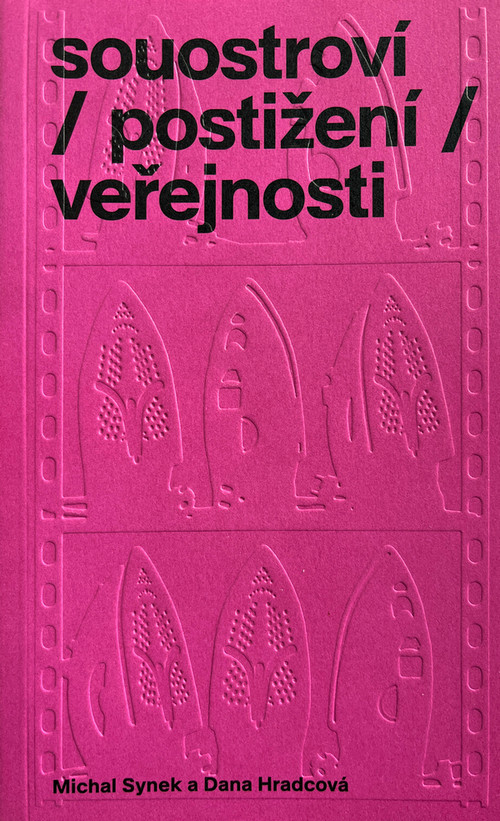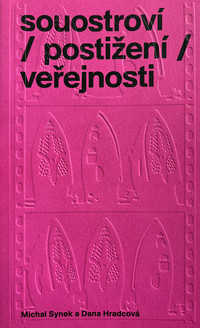anotace en: The Disability Archipelago is our name for the system of institutions intended for people deemed disabled, and its inhabitants count thousands of people. Our ethnographic research confirms that the institutions are isolated, difficult-to-reach places demarcated by rigid boundaries separating the inhabitants from the employees, regular life from official care strategies and maintenance, and people deemed disabled from the rest of us who have not been labeled as such. The Disability Archipelago is however not only a region of exclusion and extraction. It is also a space for problematization where congregate various publics composed of people who are impacted by the institutional regimes’ operations. These publics build on the understanding that the disability which condemns a person to life in the institutions is not the only possible version of disability. Apart from offering an ethnographic description of the world of institutions and an empirical-theoretical search for answers to the question of what socio-material conditions and interests allow its operations, this book also offers hope for change: a pragmatically founded vision of a disabled society as an open, changing community in which exclusion is replaced by a sense of shared affliction, and the tried and tested approaches of dealing with disability are replaced by an approach of creative unknowing. Michal Synek is a sociologist and religions scholar. He studies the relationships between various repertoires of caretaking and ways of ordering disability. He is active as a researcher at the Faculty of Humanities at Charles University and is interested in theoretical problems which bear practical impact on scientific study and the research of disability and care. Dana Hradcová teaches at the Faculty of Humanities of Charles University, studying life with dis/ability, empirical ethics, and ethnographic and collaborative research in the sphere of social and health services. She focuses on the support of service users and collaborates with (non)professional caretakers.


